Soulfulness: An Approach to MindBody Practice – Collection By Shelly Harrell
$149,00 $23,00
Soulfulness: An Approach to Mind-Body Practice – Digital Download!
Let’s embark on a captivating adventure to uncover remarkable insights that spark your curiosity and elevate your understanding

Soulfulness: An Approach to MindBody Practice – Collection By Shelly Harrell
Overview
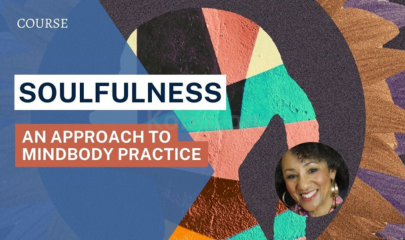
Soulfulness: An Approach to Mind-Body Practice
In the ever-evolving landscape of mental and emotional wellness, the concept of soulfulness, as introduced by Dr. Shelly Harrell, illuminates a transformative pathway that intertwines the psychological and physical realms. This integrative approach to mind-body practices invites individuals to delve into their inner experiences while fostering a sense of profound connectivity and personal transformation. Dr. Harrell emphasizes the importance of this soulful lens, arguing that it facilitates healing, resilience, and inspiration, particularly amidst the complexities of contemporary life. Through her exploration of soulfulness, she offers a framework that not only nurtures individual growth but also acknowledges and celebrates our interconnected humanity.
The Essence of Soulfulness
Soulfulness, in Dr. Harrell’s view, emerges as an essential source of truth and wisdom. It acts as a mirror reflecting our innate aliveness and creative brilliance while serving as a gentle reminder of our shared human experience. This idea resonates deeply with BIPOC communities, as Harrell’s work draws significantly from cultural, African-centered, and liberation psychologies each one emphasizing the symbiotic relationship between the mind and body.
The concept fosters a holistic understanding of healing by encouraging individuals to engage with their emotional and spiritual experiences, rather than merely approaching them through a clinical lens. The healing process becomes a reflective journey toward self-discovery. Dr. Harrell argues that soulfulness encourages a reclamation of one’s identity, which is especially poignant for those who have experienced historical oppressions and systemic biases.
Yet, this journey is not without its challenges. Individuals often grapple with feelings of shame, inferiority, and disconnection as a result of societal dynamics. Dr. Harrell proposes that overcoming these barriers requires compassionate recognition and a sincere reclamation of one’s humanity. This transformative process not only promotes personal healing but also rekindles connections to community and culture.
Cultural Practices: Ubuntu and Sankofa
Dr. Shelly Harrell integrates various cultural practices into her teachings, with ubuntu and sankofa being particularly significant. Each of these concepts enriches the understanding of interconnectedness and community strength. Ubuntu, a term rooted in Southern African philosophy, embodies the idea that “I am because we are,” reflecting the belief that our individual identities are intertwined with those of others. This principle fosters an environment where collective healing and support can thrive.
Sankofa, originating from the Akan people of Ghana, literally means “go back and get it.” This powerful metaphor encourages individuals to revisit their past cultural heritage, ancestral wisdom, and personal experiences to build a more grounded and expansive future. Integrating these practices into mind-body methodologies creates a rich tapestry of understanding, allowing individuals to recognize their history while embracing their identity.
Incorporating strategies like meditation and mindfulness into daily practice, attendees of Dr. Harrell’s seminars learn to cultivate a deeper sense of self and inner peace. These practices not only facilitate self-acceptance but also empower individuals to navigate through life’s uncertainties with resilience emanating from a place of connection and awareness.
Cultural Practices in Mind-Body Integration
| Cultural Practice | Meaning | Impact |
| Ubuntu | “I am because we are.” | Fosters collective identity and healing |
| Sankofa | “Go back and get it.” | Encourages learning from the past |
This table encapsulates the essence of both practices, highlighting their roles in enhancing mind-body integration and community support.
Addressing Psychological Issues
Dr. Harrell’s exploration of soulfulness extends into addressing deeper psychological issues, particularly shame. This destructive emotion often manifests in response to society’s oppressive dynamics. Therefore, understanding how to navigate and transcend these feelings is crucial for individual development.
In her seminars, Dr. Harrell emphasizes detailed approaches for compassionate recognition of self. The practice of acknowledging one’s intrinsic worth is a vital step toward healing. Participants engage in reflective exercises designed to confront and redefine shame, empowering them to reclaim their narratives. This active engagement promotes substantial shifts in self-perception and emotional well-being.
Studies indicate that engaging in mind-body practices, particularly those grounded in soulfulness, can significantly diminish feelings of shame and inferiority. For instance, research conducted by the American Psychological Association demonstrates that mindfulness techniques including meditation and self-reflection can lead to a substantial decrease in symptoms associated with shame-based thinking.
The Holistic Framework of Soulfulness
A hallmark of Dr. Harrell’s work is her holistic approach, which seamlessly integrates diverse mind-body practices into a cohesive framework. This collection combines theoretical insights with practical applications, offering a comprehensive guide for implementing soulfulness in daily life.
- Self-Exploration: Encourages individuals to delve into their emotions and thoughts, fostering greater awareness and understanding.
- Mindfulness Practices: Include meditation, deep breathing, and body scans that promote relaxation and inner peace.
- Community Engagement: Highlights the importance of connection with others, utilizing group practices and discussions to build collective resilience.
- Cultural Reflection: Invites individuals to explore their heritage and personal narratives, which enrich the healing process.
This structured framework allows practitioners to personalize the integration of soulfulness into their own experiences, tailored to individual needs and cultural histories. Such adaptability is crucial, as it encourages people from all backgrounds to find their unique paths to healing and transformation.
Conclusion
Dr. Shelly Harrell’s insightful collection on soulfulness framed as an integrative approach to mind-body practices invites us to engage fully with our emotional and spiritual landscapes. The richness of her teachings, deeply rooted in cultural heritage and practice, fosters a holistic understanding of healing that emphasizes our interconnectedness as human beings. By offering tools to reclaim our narratives, confront shame, and build community, soulfulness is not merely an individual practice; it is a vibrant tapestry of collective resilience. Inspired by the principles of ubuntu and sankofa, we are reminded that our journeys toward healing and self-acceptance are interconnected, urging us to grow together as we embrace our shared humanity.
Frequently Asked Questions:
Innovation in Business Models: We use a group purchase approach that enables users to split expenses and get discounted access to well-liked courses. Despite worries regarding distribution strategies from content creators, this strategy helps people with low incomes.
Legal Aspects to Take into Account: Our operations’ legality entails several intricate considerations. There are no explicit resale restrictions mentioned at the time of purchase, even though we do not have the course developers’ express consent to redistribute their content. This uncertainty gives us the chance to offer reasonably priced instructional materials.
Quality Control: We make certain that every course resource we buy is the exact same as what the authors themselves provide. It’s crucial to realize, nevertheless, that we are not authorized suppliers. Therefore, the following are not included in our offerings: – Live coaching sessions or calls with the course author.
– Entry to groups or portals that are only available to authors.
– Participation in closed forums.
– Straightforward email assistance from the writer or their group.
Our goal is to lower the barrier to education by providing these courses on our own, without the official channels’ premium services. We value your comprehension of our distinct methodology.
Be the first to review “Soulfulness: An Approach to MindBody Practice – Collection By Shelly Harrell” Cancel reply
You must be logged in to post a review.

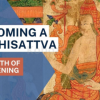
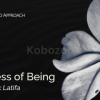
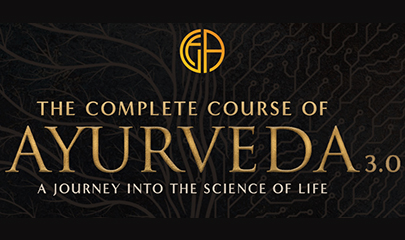



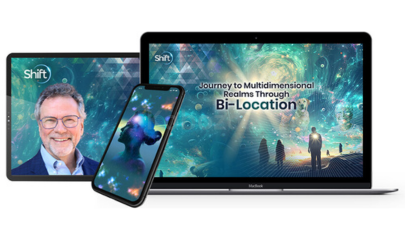
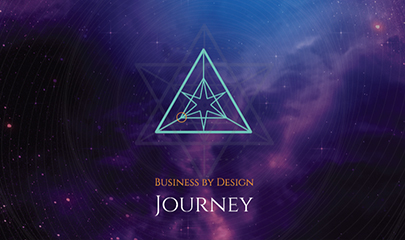
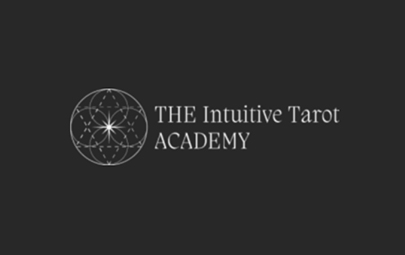

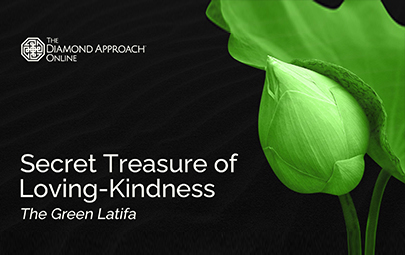





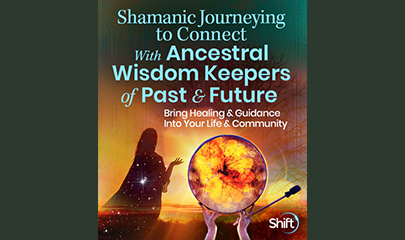

Reviews
There are no reviews yet.